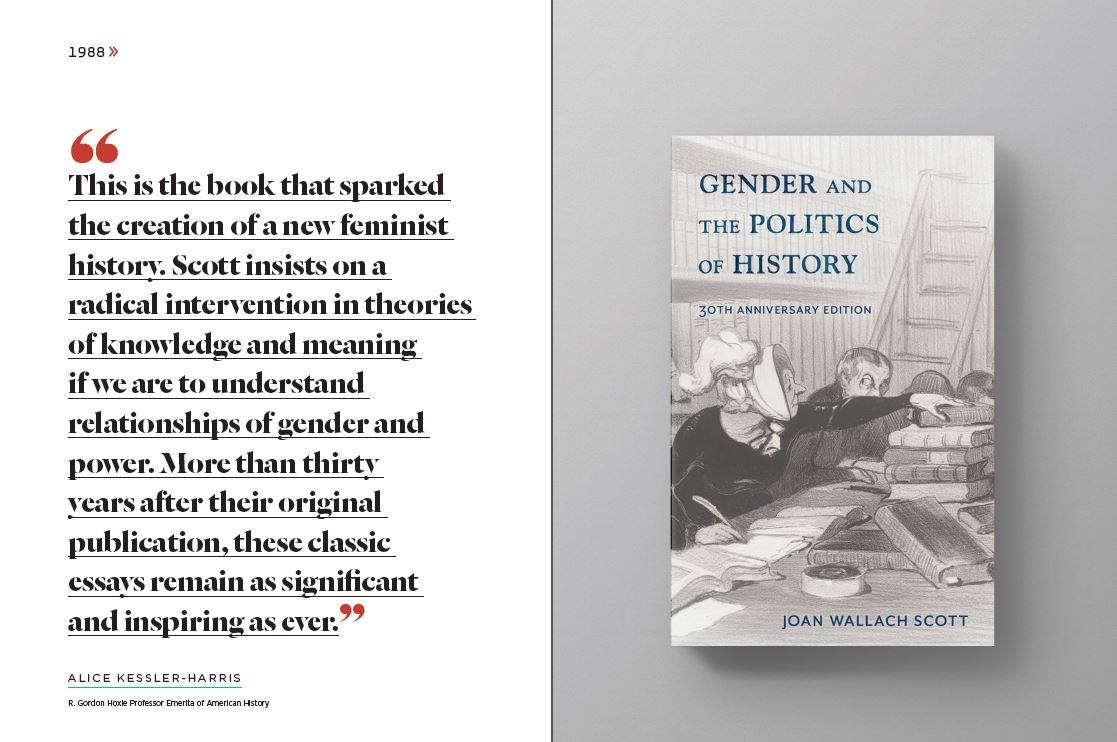The debate over Political Theology continues at The Immanent Frame
Today we check in with the debate on Political Theology by Paul Kahn going on over at The Immanent Frame. Since we last updated you on the discussion on sovereignty and American political theology six new posts have gone up.
We begin with:
Paul Kahn’s roots posted by Nancy Levene“[Kahn] is offering us a Schmitt whose meditations on decision bring us solutions to the four classic problems noted above: of freedom, of origin and practice, of reason, and of modernity.”
The politics of the atonement posted by J. Kameron Carter“From my perspective as a theologian and critical theorist of religion, one of the great gifts of Kahn’s book, as a constructive interaction with Schmitt on the notion of the exception, are the possibilities that it opens up for understanding what’s at stake in the discourse of theology as a mode of humanistic inquiry into the current political machinations of our world, and of America as a state of exception/alism.”
The political theology of freedom and unfreedom posted by Mateo Taussig-Rubbo“Throughout his examination of American political theology, he rightly insists that we are not committed to law or to life in quite the way we think.”
The integrity of theory posted by Paul W. Kahn“Some will say that I have so far missed the point of the examples of both the Arab Spring and the politics of marginalized groups. The point is not about diversity or its absence, but about political possibilities. These events and groups show us the potential for an alternative politics. This is a normative claim about what our political life should be. I insist that my work is not normative—a claim about which many are skeptical.”
Political theology or political hierophany posted by Miguel Vatter“Kahn appears to conflate what in the history of religions is called the phenomenon of hierophany—namely, the appearance of the divine in a particular shape or form and in a moment in time and space—with “theology,” which is a rational account of divine beings that ‘always are.’”
Is sovereignty necessarily theological? posted by Jason Stevens“Kahn thus distinguishes himself from Schmitt by shifting the register of sovereignty from timeless substance to collective imagining, yet he seems to maintain nonetheless Schmitt’s claim that sovereignty as such is theological, and hence authentic, as opposed to the mendacious secularism and rationalism of modern, liberal politics.”



